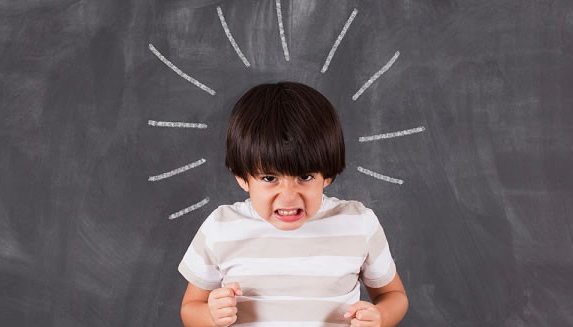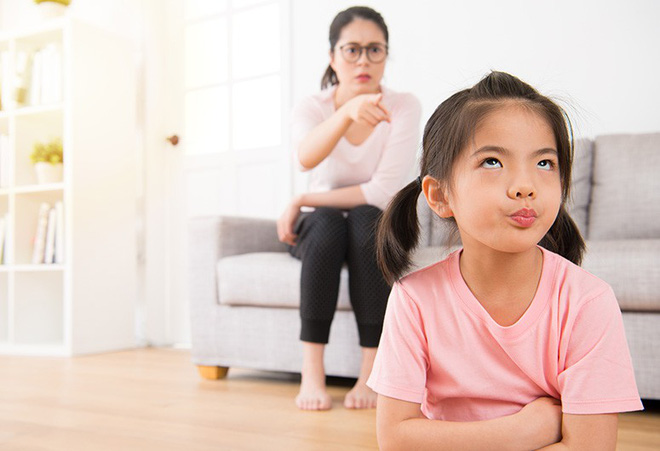Parents have the habit of complaining and blaming
According to experts from Harvard University, parents often complain and blame, and pass on negative energy to their children, which is not good.
This greatly affects the spirits of the children, who are too young to understand that their parents’ daily dissatisfaction and complaining is due to life circumstances or work. So it is very likely that the children will think that they are being rejected by their parents.
This will have a negative impact on the emotions and spirits of the children.
It makes the children sad, lose interest in studying and playing on a regular basis. If this situation continues for a long time, it will slow down the children’s thinking, which is not good for their IQ development.

Parents often scold their children
When a child makes a mistake, parents tend to immediately scold and reprimand their children, instead of understanding the reasons behind their actions and providing proper analysis for the children to understand.
A study by Harvard University shows that children who are frequently scolded by their parents have slower thinking abilities and a harder time remembering things. Experts also state that constantly scolding children will psychologically harm them, leading to negative attitudes and behaviors in the future.

Parents don’t care about their children’s emotions
In today’s fast-paced life, parents are busy chasing after money and unintentionally neglect their children.
The day for many parents starts by hurriedly taking their children to school while they themselves go to work, picking up their children in the afternoon, then quickly having dinner, cleaning the house, helping their children with homework, and finally resting. The time that parents spend with their children nowadays seems to be very little for listening to their emotions.
Not only do they not care about the emotions and thoughts of their children, many parents also unintentionally suppress and prevent their children from expressing their emotions.
Especially when the children cry, many parents always demand that they stop crying immediately, without caring about the reason why they are crying. The child may cry because they are sad, in pain, frustrated, or angry. Crying is the most natural way for a child to release their emotions.
If parents constantly prevent their children from expressing their emotions, the child will become withdrawn, not wanting to share with their parents, and will have less communication and exhibit negative behaviors. This greatly affects the children’s EQ and IQ development in the future.
Learning Tips for Parents: 12 Japanese Techniques to Use with Your Children
Discover the 12 principles of teaching children in the traditional Japanese way that parents can learn with Dien May XANH! By instilling these principles when your children are young, you can ensure that they grow up to be obedient, smart and polite, the hallmarks of a successful education in Japan.





































